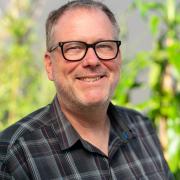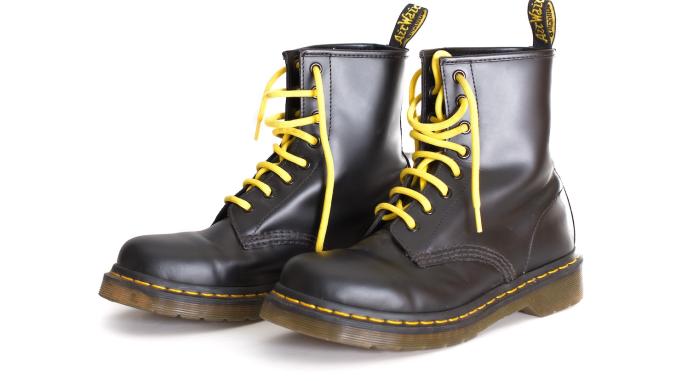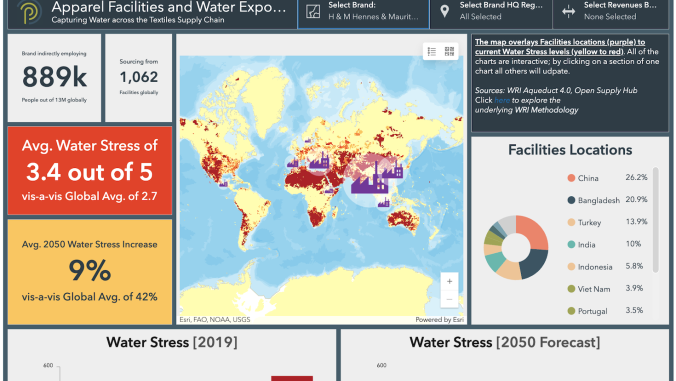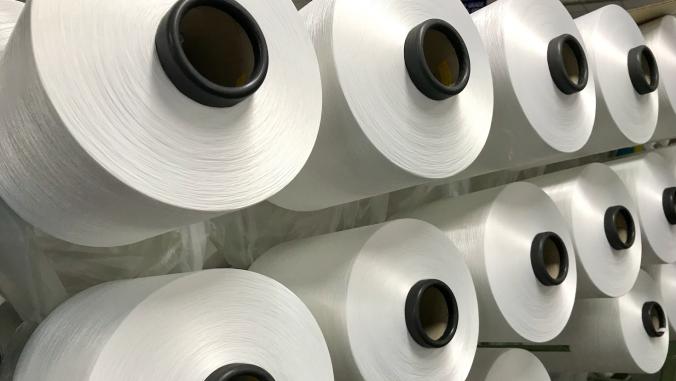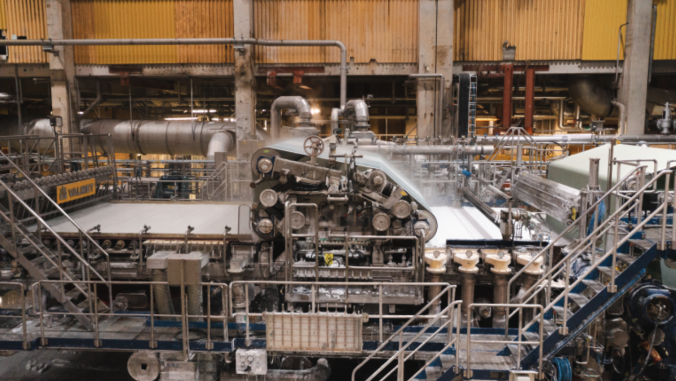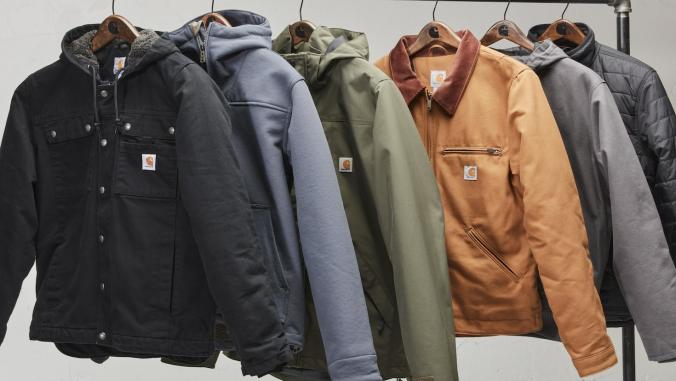Your official GreenBiz back-to-work reading list
The GreenBiz community shares compelling books we can't put down (or keep meaning to pick up).

What are you reading? We asked members of the GreenBiz community — staff as well as sustainability leaders in our GreenBiz Executive Network. Whether you labor in a boardroom, classroom or cubicle, there's plenty of variety in these titles to inspire your return to autumn.
Heather Clancy, GreenBiz editorial director
"Climate of Hope," Michael Bloomberg and and Carl Pope (2017)
I am a raving optimist, and I have been craving more real news about progress and possibilities at the local level since the Trump administration’s decision to abandon the Paris Agreement. This book is an antidote to the vague sense of dread I feel every time one of the climate-change deniers anointed by Trump undermines the U.S. legacy of leadership on fighting global warming.

Dave Stangis, chief sustainability officer, Campbell Soup
"The Gene: An Intimate History," Siddharta Mukherjee (2016)
A great history of genetics written in an approachable way — but also an interesting take on considerations as we enter the era of gene-editing.

A quick read; part of the framework of this past year’s World Economic Forum in Davos. Light for the sustainability professional, but one the CEOs seem to be passing around.
"The Seventh Sense," Joshua Cooper Ramo (2016)
A really interesting take on technology revolution/evolution and the power of networks — taking network thinking and design into account to predict key trends.
"The Inevitable," Kevin Kelly (2016)
Interesing read on 12 technology trends and how they are shaping business and personal lives. Some great one-liners and "ahas."
Anya Khalamayzer, GreenBiz associate editor
"Junk Raft," Marcus Eriksen (2017)
In 2008, environmental activist Marcus Eriksen and a fellow activist and sailor set out to journey from Los Angeles to Hawaii on a raft made from plastic bottles, with 30 old sailboat masts for a deck and a Cessna 310 airplane as a cabin. Their journey sought to attract attention to the problem of plastic waste accumulating in the oceans. On the way, he learns about and discusses immediate steps that can be taken by governments and companies to create recyclable products.

Holly Emerson, senior analyst, Center for Energy Efficiency and Sustainability, Ingersoll Rand
"The Oyster War," Summer Brennan (2015)

Elaine Hsieh, GreenBiz VERGE program director
"Thinking in Systems," Donella Meadows (2008)
There's a chapter in Donella Meadows's book that is probably the most profound and significant section, where she talks about various "system traps" and ways to fix them.
Aaron Robinson, senior manager, environmental strategy and sustainability, United Airlines
"Abundance: Why the Future is Better Than You Think," Peter Diamandis (2012)
It presented an optimistic view of the future, using many historical examples and upcoming areas of technological progress overcoming growing human demand, and proving why the Malthusian trap hasn’t come to pass.
I’ve also checked out (but not started reading) Biomimicry. I suspect others already have read this.
Leo Raudys, former GBEN member
I'm re-reading a book that I read once a year because it's one of my all time favorites.
"The Brief and Frightening Reign of Phil," George Saunders (2006)

Brandy Wilson, sustainability director, JR Simplot
"Believing Cassandra: An Optimist Looks at a Pessimist's World," Alan AtKisson (1999)
My favorite sustainable business book of all time, my copy is dog-eared, tattered and much-loved. Alan taught me to "be the amoeba and ignore the curmudgeons," which would make a great T-shirt. His explanation of how companies and societies change encourages sustainability leaders to take heart and stay in it for the long haul. At the same time, he demonstrates through storytelling how to move quickly from innovation to adoption without getting mired in the swamp.

"Nudge: Improving Decisions About Health, Wealth, and Happiness," Richard Thaler and Cass Sunstein (2008)
Our moms always tell us, "Make good choices!" But how do we do that when the good choice isn’t the default option? More importantly, why isn’t the good choice the default option? Every system inherently has a design, and we could do a better job of setting those systems up to support positive outcomes.
Whether you are trying to untangle Medicaid for your parents ("Part D for Daunting," Chapter 10), or are in the business of "Saving the Planet" (Chapter 12), taking a peek inside how choice architecture paves the road for your intentions is illuminating and helpful as we all try to follow Mom’s advice.
"The Badass Librarians of Timbuktu and their Race to Save the World’s Most Precious Manuscripts," Joshua Hammer (2016)
This edge-of-the-seat thriller also happens to be nonfiction. As Al Qaeda tightened its grip, everyday folks under threat of death stepped up to smuggle the intellectual treasures of the 15th and 16th century out of the country.

Shana Rappaport, GreenBiz VERGE director of strategic programs
"The Hidden Life of Trees," Peter Wohlleben and Tim Flannery (2016)
Kathrin Winkler, independent
I tend to focus on books that help me to communicate (both input and output) and influence, but do range both more toward and further from sustainability in books that inform my outlook, strategy, and tactics. A few of my favorites:
"Thinking, Fast and Slow," Daniel Kahneman (2011)
Or the lighter-weight version: "The Undoing Project" by Michael Lewis (2016), although I prefer the former.
"How Culture Shapes the Climate Change Debate," Andy Hoffman (2015)
Although nominally about climate change, it is a really powerful framework for nearly any divisive topic.

Covers some of the same ground as Kahnemann, but also some new. And though I didn’t expect it, surprisingly relevant in giving guidance on how to think about the future.
"What Money Can't Buy," Michael Sandel (2012)
His Justice series on YouTube or iTunes U or Harvard.edu is totally worth watching.
"The Shareholder Value Myth," Lynn Stout (2012)
Although not a book, there is some great reading in the syllabus for this course that provides some good material both for contesting disinformation and making strong cases. The videos are fun, too, but the syllabus is more comprehensive.
"Getting to Yes," Roger Fisher William L. Ury and Bruce Patton (1981)
This classic never gets old!
Melissa Mora, sustainability manager, CH2M
"What I Wish I Knew When I Was 20," Tina Seelig (2009)
Don’t be fooled by the title; anyone older than that can still read it. It’s not about sustainability and business, it’s about finding how to make your mark in this world; and from my humble perspective, those of us in this industry may be looking for how to do just that. It’s more of a motivational book — how to deal with failure, creativity and initiative.

